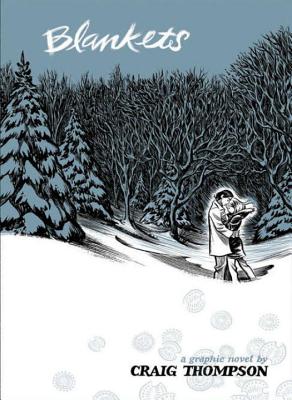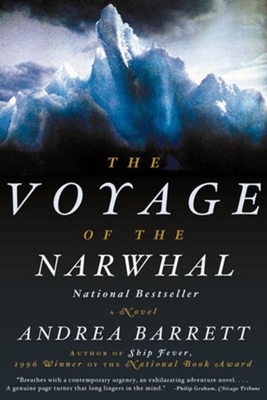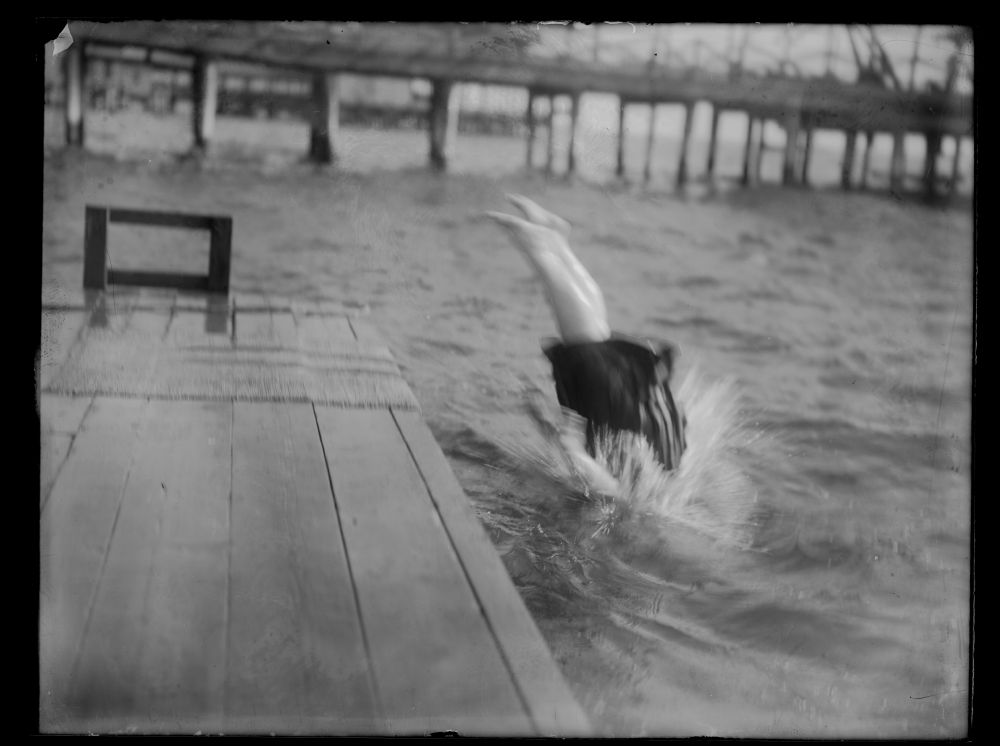I awoke suddenly, to find my vision held by a girl with a choppy, asymmetrical haircut, one I'd given her the previous week before our band's first show. Her eyes were wild as she told me, "We're driving to see the ponies. Get up!"
My roommate grumbled at me as I stumbled around in the dark, throwing my favorite thrift store sweater and used CDs into my denim shoulder bag, “Shut UP! I have a test in the morning.” She rolled violently over to face the wall.
My friends were always breaking in to do things like this---grabbing me at 11:30pm to drive to Philly to get soft pretzels from the factory the second they came off the oven rack, whole gaggles of boys (which was against the rules at our university) in the middle of the night, picking me up in my pajamas and throwing me down the wet hill, as I screamed and laughed and rolled. She requested a single room for our second year.
I shuffled into my shoes and ran to catch up with my friends in the parking lot, who were already hopping into their huge old cars, sturdy Cadillacs and Buicks that once belonged to their grandmothers, all with names like "Marge" or "The Porkchop Express", based on our favorite movie vehicles of the 80's.
I angled to be in a car with Sam, because I knew he would be quiet most of the way and that is what I craved: hours of this dark night to be spent staring out at towns going by that I'd never seen before, drawing designs on the window whenever they got foggy enough. Alas, Chatty Cindy climbed in beside me, sodden down with snacks and jokes. She proceeded to build a nest in the hatchback of Sam's car, which we took turns wiggling back into, to take little snoozes on the three hour ride.
I kept trying to get Patti Smith's Horses in the CD player, but mostly we listened to Modest Mouse and Cat Power, which got no complaints from me.
Sam looked over at me and smiled. "Have you ever camped on the beach before?"
"I haven't done much camping at all. I was always more of a take-the-train-to-NYC kind of girl."
"Well, we'll hook you up. It's going to be so magical."
Sam was one of those neo-hippies who was always saying things like this, when he talked at all. His hair was floppy and his clothes were simple, fitting his soccer body in an effortlessly attractive way, without attention to what was hip to wear. He was also never seen without his guitar, on which he played sparse songs leaning more toward experimental music than hippie rock. An enigma for sure, he was my first friend at college. I was considering ditching the high school boyfriend I'd hung on to to make out with Sam, but sometimes I wondered if he was quiet because he really didn't have that much going on up there.
Cindy was babbling away in the backseat, creating little songs about her round tummy, and making Erin, the botched-banged girl who had woken me up, laugh beside her. Erin had a great laugh, one of those honking ones that made everyone in the cafeteria stare. It was also a bit rare, as she was a severe gal, more prone to tell you to get the fuck out of her face then laugh at your jokes. But Cindy was so absurd and relentless that eventually everyone joined in.
When we finally got to the beach, it was still dark out, and I helped carry equipment that made no sense to me, eventually dropping it with a clamor on the sand. "Where's the campsite?" My voice sounded louder than it had in the cramped car.
Len, whose afro was listing to the side from the door he'd slept against in the Suburban on the way there, replied, "There isn't one. We're technically not allowed to camp here. But it's such a huge beach that they probably won't catch us."
Probably. We were a sober bunch, so with a lack of alcohol or drugs to give us thrills, we were often taking these kinds of risks, to get the feeling that we weren't wasting our youth. I was plagued with a constant fear that I wasn't living big enough, that I was going to look back with regret, wishing I'd jumped from higher peaks.
With that fear riding on my back like a dark-cloaked demon, I stripped down to my underwear and ran, legs akimbo, into the sea. Allison, always eager to be in some version of nudity, splashed in after me, Sam at her heels.
I floated out on my back, astounded at the amount of stars that clotted the sky. Sam started pointing out constellations, a skill I'd never quite mastered.
"Wait, where's Orion's Belt?"
"Right there, don't you see it?" He pointed one spindly figure up, outlining the curve of the famous symbol.
"Ohhhh, yeah. . ." I hoped no one could tell I was lying.
Len and Erin were building a fire when we came dripping out, and we warmed up and ate the snacks Cindy had brought, and some we'd scored at Wawa on our way out of Pennsylvania into Maryland.
"So, what do we do now?" I asked.
"We wait. . . for sunrise. And hopefully, for the ponies." Sam answered.
"What, are they just going to come running through here or something?" I looked around me, picturing a herd of animals tearing down our precarious tents with their hooves. The sky was changing, from pitch black to midnight blue.
"Maybe. They're wild." I snuggled down closer to him in our sleeping bag. Even if I wasn't going to cheat on my chicken-haired boyfriend with Sam, I was at least going to feel his body alongside mine, like when I was on family vacation with my boy cousin, and we shared a bunk, my body alive with his otherness and what could not be.
Eventually Cindy finally ran out of things to say, or perhaps she went on a walk to look for the ponies, a huge woven blanket draped around her shoulders, her steps small and plunking. Either way, she quieted and I dozed off.
I woke up to find the light around me hazy orange, the sun a fiery beach ball floating up over the sea. I sat up and pulled my knees to my chin, careful not to disturb Sam, looking impossibly young in slumber beside me.
Erin was awake, standing just at the edge of the campsite. The light made a halo around her skinny rockstar body, ringing it and burning it into my memory. She turned to me and pressed her finger to her lips. "Look. The ponies!" she stage-whispered.
I scrambled out of the bag and hurried over to her, my glee unconfined. On a dune, amid some grass, were several beasts, horses so unlike the groomed ones I'd seen on farms and in Central Park, they could have been a different species. They didn't look my way, lost in their own world of breakfast grazing and spraying each other with sea air as they whinnied.
I looked back at my own pack, all laying on top of one another in a semicircle around the fire. I went over and nudged Sam with my nose, mouth clamped shut to stave off a whiff of my stale breath. I pulled him up with my hand and stood him beside Erin, who slung a gangly arm over his shoulders.
Our smiles were like we'd figured out some precious secret. My hands felt tingly and numb, with the knowledge that for at least this one moment, I was doing it. I was living flat out all the way up the stars.





















 The Postal Service only released one album, a decade ago this year. There is no progression---no growing with or apart from the artist, no moment they went mainstream. It's weird to be old enough now to do things purely for nostalgia's sake. But, I have a feeling that's why most of us were there. That album was a sound marked with a date-stamp, a frozen snapshot of something we once loved.
The Postal Service only released one album, a decade ago this year. There is no progression---no growing with or apart from the artist, no moment they went mainstream. It's weird to be old enough now to do things purely for nostalgia's sake. But, I have a feeling that's why most of us were there. That album was a sound marked with a date-stamp, a frozen snapshot of something we once loved.





